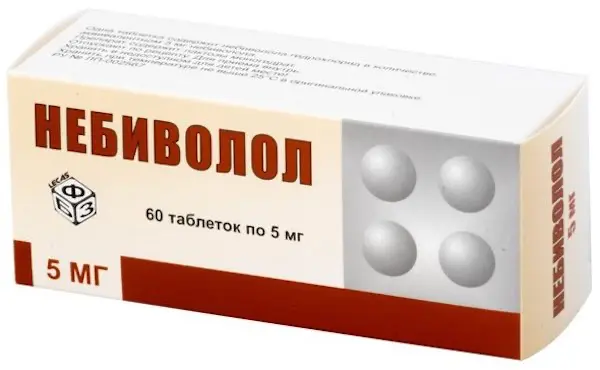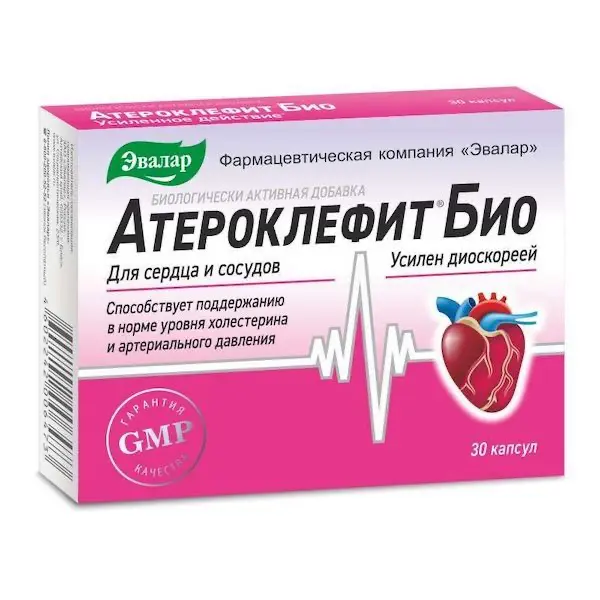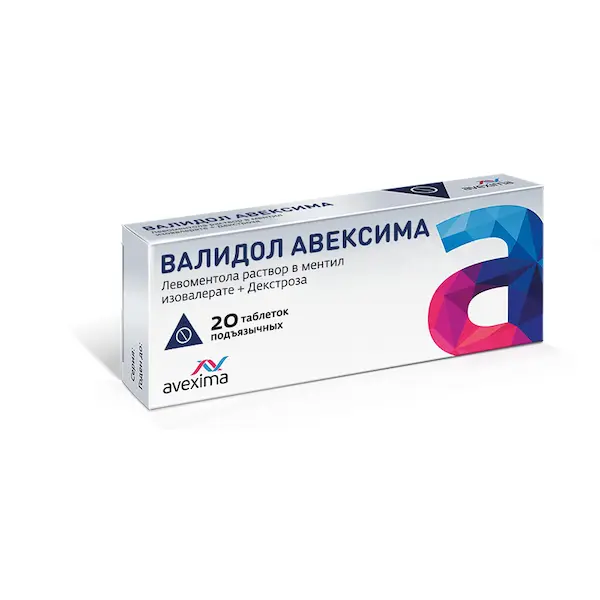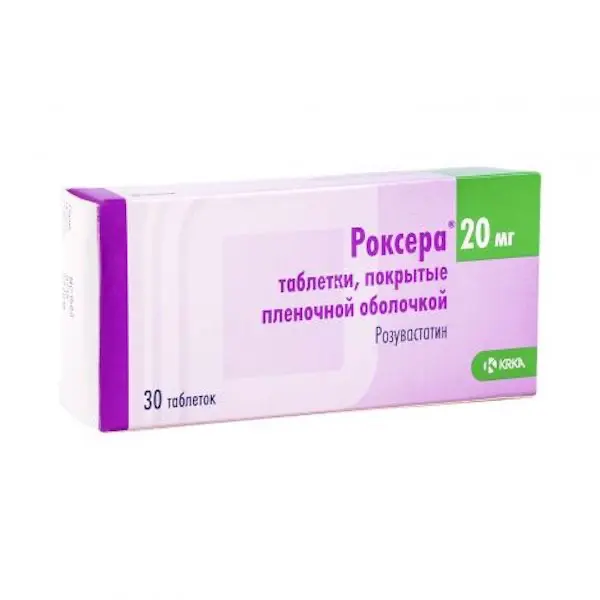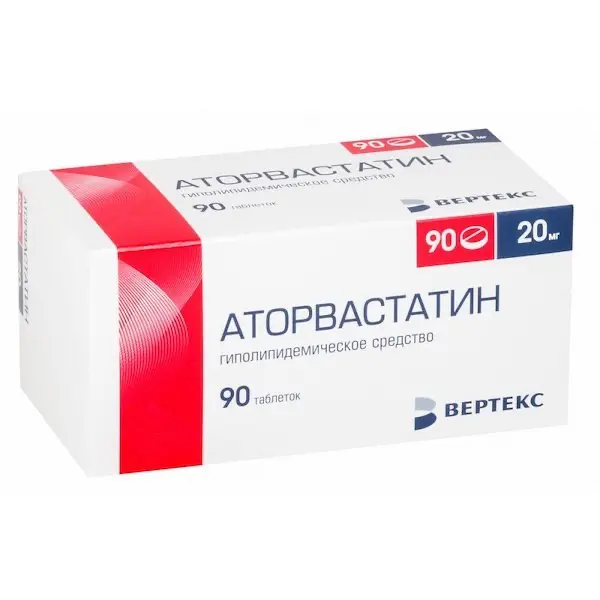Description
Nebivolol Pharmacodynamics
Cardioselective beta1-adrenoblocker with vasodilator properties. It has antihypertensive, antianginal and antiarrhythmic effects.
Reduces heart rate (HR) and reduces elevated blood pressure (BP) at rest and during exercise, reduces left ventricular end-diastolic pressure, improving diastolic heart function, reduces total peripheral vascular resistance, increases ejection fraction.
Competitively and selectively blocks synaptic and postsynaptic beta1-adrenoreceptors, making them inaccessible to catecholamines, modulates the release of endothelial vasodilatory factor nitric oxide.
Nebivolol is a racemate consisting of two enantiomers: D-nebivolol (SRRR-nebivolol) and L-nebivolol (RSSS-nebivolol), combining two pharmacological actions:
– D-nebivololol is a competitive and highly selective blocker of beta1-adrenoreceptors (affinity for beta1-adrenoreceptors is 293 times higher than for beta2-adrenoreceptors);
– L-nebivolol has a vasodilator effect by modulating the release of vasodilatory factor from the vascular endothelium.
The antihypertensive effect is also due to a decrease in the activity of the renin-angiotensin-aldosterone system (RAAS) (does not directly correlate with changes in plasma renin activity).
In therapeutic doses, nebivolol does not block alpha-adrenoceptors.
Sustained antihypertensive effect develops after 1-2 weeks of regular oral administration, and in some cases – after 4 weeks, a stable effect is noted after 1-2 months. This effect persists with prolonged therapy.
The use of nebivolol improves indicators of systemic and intracardiac hemodynamics.
By reducing myocardial oxygen demand (lower HR, lower preload and postload), nebivololol reduces the number and severity of angina attacks and increases exercise tolerance.
Antiarrhythmic action is caused by suppression of pathological cardiac automatism (including in the pathological focus) and slowing of atrioventricular conduction.
Indications
– Arterial hypertension;
– Coronary heart disease (CHD): prevention of angina attacks;
– Chronic heart failure (as part of combination therapy).
Contraindications .
– Hypersensitivity to nebivolol or other components of the drug and other beta-adrenoblockers;
– acute heart failure;
– Chronic heart failure in decompensation (requiring intravenous administration of drugs with inotropic action);
– Severe arterial hypotension (systolic blood pressure less than 90 mm Hg);
– Sinus node weakness syndrome, including sinoatrial blockade;
– Atrioventricular block of II and III degree (in the absence of an artificial pacemaker);
– bradycardia (heart rate less than 60 bpm);
– cardiogenic shock;
– pheochromocytoma (without concomitant use of alpha-adrenoblockers):
– metabolic acidosis;
– history of bronchospasm and bronchial asthma;
– Severe peripheral circulatory disorders (intermittent claudication, Raynaud’s syndrome);
– myasthenia gravis;
– depression;
– severe hepatic impairment;
– severe renal impairment (creatinine clearance less than 20 ml/min).
– concomitant use with floktafenin, sultopride (see section “Interaction with other medicinal products”);
– intravenous verapamil administration with nebivolol is contraindicated (see section “Interaction with other medicinal products”);
– lactose intolerance, lactase deficiency or glucose-galactose malabsorption.
– Breast-feeding period;
– under 18 years of age (efficacy and safety have not been established).
Dosage and administration
- Orally, at the same time, regardless of the time of meals, without chewing and with plenty of liquid.
- The 5 mg or 10 mg tablet may be divided into two or four equal parts crosswise.
- Arterial hypertension and coronary heart disease
The average daily dose is 2.5-5 mg (1-2 tablets of 2.5 mg; 1/2-1 tablets of 5 mg) once daily. - The optimal antihypertensive effect is achieved after 1 to 2 weeks of treatment, in some cases after 4 weeks.
- If necessary, the dose can be increased to a maximum daily dose of 10 mg. Nebivolol in monotherapy or in combination with other hypotensive agents is possible.
- Elderly patients: for patients over 65 years of age, the starting dose is 2.5 mg per day (1 tablet of 2.5 mg or 1/2 tablet of 5 mg). If necessary, the daily dose may be increased to 5 mg. However, taking into account the limited experience of using the drug in elderly patients, caution should be exercised and careful examination of patients over the age of years should be carried out.
- In elderly patients there is no need for dose adjustment, so the dose should be adjusted individually, gradually increasing it to the maximum tolerated dose.
- Patients with renal insufficiency (CKR over 20 ml/min): the initial dose is 2.5 mg per day (1 tablet of 2.5 mg or 1/2 tablet of 5 mg). If necessary, the daily dose may be increased to 5 mg. The dose should be increased with special caution in such patients.
- Chronic heart failure (CHF)
Treatment of stable CHF should be started with gradual dose increase until an individual optimal maintenance dose is achieved. Patients should have no attacks of acute heart failure within last 6 weeks. It is recommended to treat under close supervision of a physician. - Patients who take diuretics, cardiac glycosides, angiotensin-converting enzyme (ACE) inhibitors, angiotensin II receptor antagonists should have their doses stabilized 2 weeks before starting therapy with Nebivolol.
- Treatment of CHF by beta-adrenoceptor blockers should be started when the patient’s condition is clinically stable for the last 2 weeks.
- The dose selection at the beginning of therapy should be carried out according to the following scheme, keeping intervals from 1 to 2 weeks: the dose of 1.25 mg per day (1/2 tablet of 2.5 mg or 1/4 tablet of 5 mg) can be increased firstly to 2.5 mg per day (1 tablet of 2.5 mg or 1/2 tablet of 5 mg), then – to 5-10 mg per day.
Each increase in dose should be carried out at least in 1-2 weeks, depending on individual tolerance of the drug. - At the beginning of treatment and with each dose increase, the patient should be under medical supervision for at least 2 hours to make sure that the clinical condition remains stable (especially: BP, HR, conduction disturbances, and symptoms of worsening course of chronic heart failure).
- The maximum daily dose of nebivolol is 10 mg once daily.
- During titration, regular monitoring of BP, HR and symptoms of chronic heart failure is recommended.
- During titration, in case of worsening of CHF or intolerance of the drug, it is recommended to reduce the dose of Nebivolol or, if necessary, immediately discontinue it (in case of severe arterial hypotension, in worsening of CHF with acute pulmonary edema, in case of cardiogenic shock, symptomatic bradycardia or atrioventricular block).
- Treatment of stable CHF is usually prolonged. Treatment with Nebivolol should not be stopped abruptly (if it is not necessary), because it may lead to a temporary exacerbation of CHF. If it is necessary to stop the drug, withdrawal is carried out gradually, reducing the dose by half over a week.

